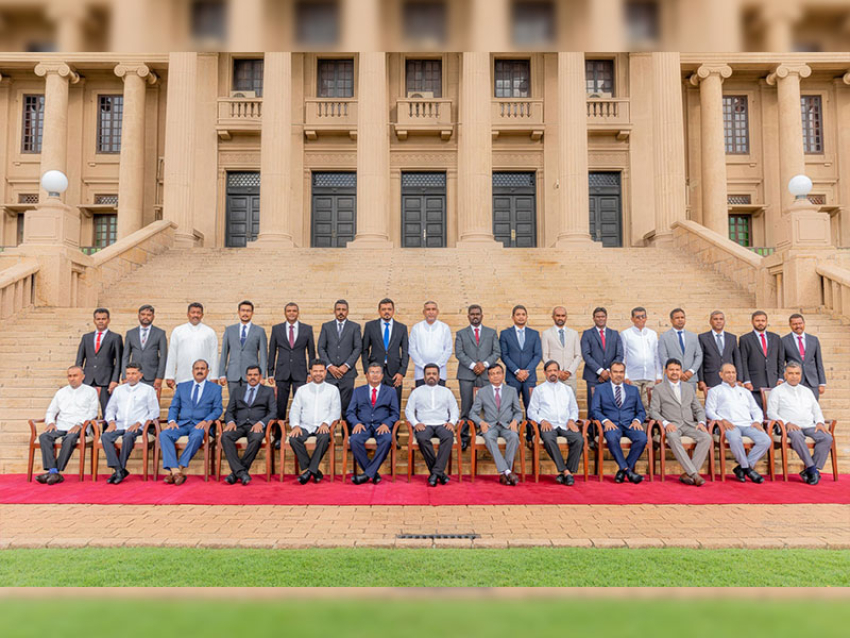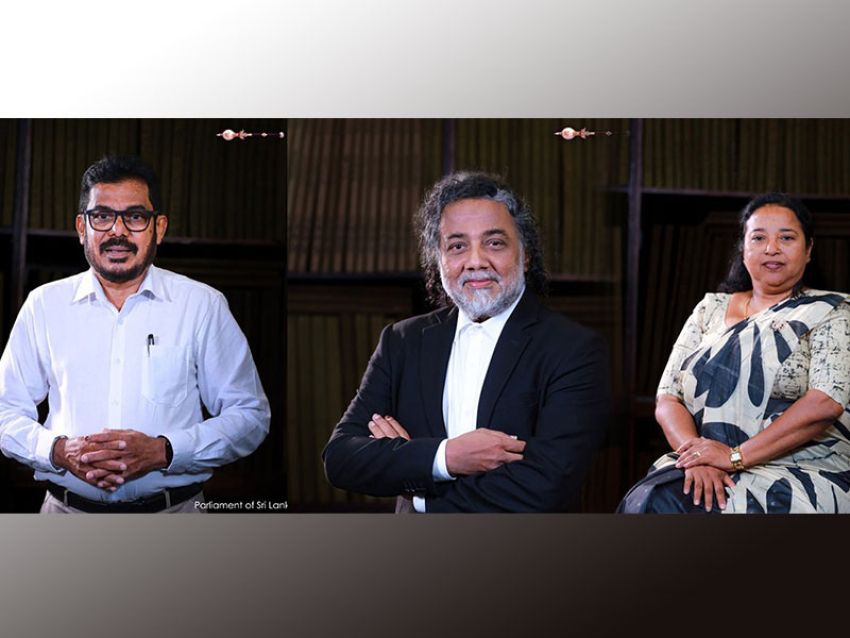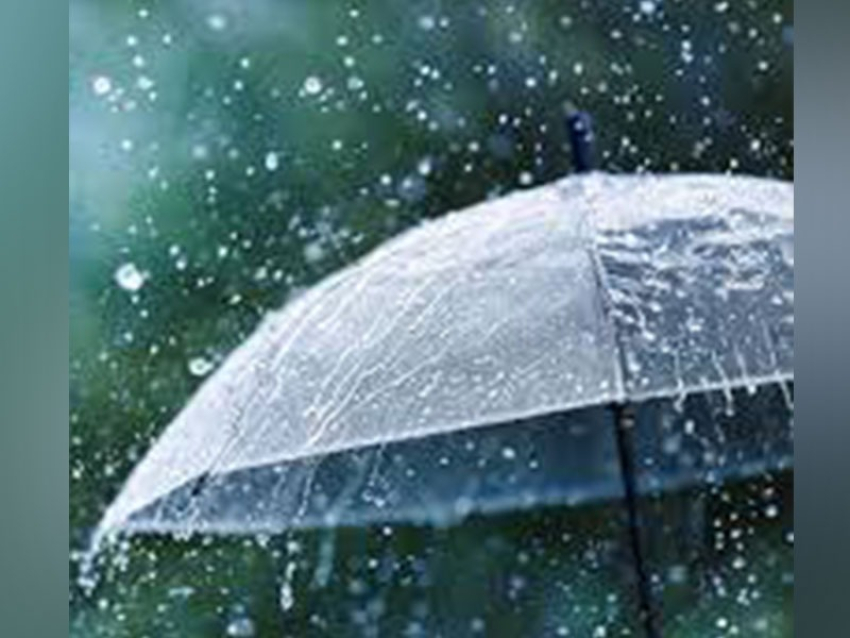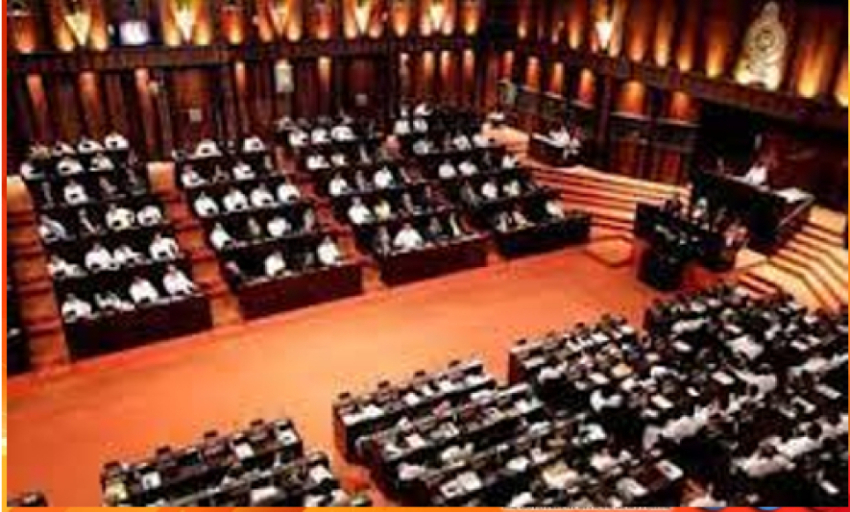In his final speech, Akihito offered his “deepest heartfelt gratitude to the people of Japan” and said he would “pray for the peace and happiness of all the people in Japan and around the world.” Despite near-constant rain in Tokyo, several hundred wellwishers congregated outside the Palace during the historic ceremony attended by around 300 people, including Prime Minister Shinzo Abe and around a dozen members of the royal family. Earlier Tuesday, draped in ornate golden-brown robes and wearing a towering black hat, Akihito reported his abdication to his ancestors and Shinto gods at several sanctuaries in the palace.
On Wednesday, the 59-year-old Naruhito will inherit the imperial regalia in a 10-minute ceremony that is off-limits to female royals, even his wife Masako. He will shortly afterwards make his first address to the nation as its 126th emperor. A more public enthronement ceremony will take place on October 22, during which Naruhito will parade through the streets of the capital and be congratulated by other world leaders and royalty.
President Donald Trump sent congratulations, offering “heartfelt appreciation” to the outgoing imperial couple and stressing the “close relationship” between the US and Japan. Trump will become the first foreign leader to meet the new emperor on a trip in May. Born in 1933 as Japan was embarking on a militaristic sweep across Asia in the name of his father Hirohito, the 11-year-old Akihito listened in tears as his nation’s defeat in World War II was announced in an unprecedented radio address.
He has broken new ground in the sensitive role, expressing regret over Japan’s wartime actions and gradually modernising the royal family and bringing it closer to the people.
Akihito and his wife Michiko, whom he met at a tennis tournament in 1959, touched hearts in Japan and around the world when they knelt before survivors of the 2011 earthquake and tsunami and listened to stories of terrible suffering. The abdication has resulted in a 10-day holiday in Japan, although polls show many famously hard-working Japanese were opposed to such a long break.
They have nonetheless taken the opportunity to travel, with bullet trains and airports overflowing and Tokyo’s usually packed commuter trains eerily empty at rush hour. Entrepreneurs have sold everything from “Reiwa” bottles of sake to $10 cans of air from the “Heisei” era of Akihito’s reign. Japan has witnessed a tumultuous change from 1989 when it last ushered in a new era.- AFP




















